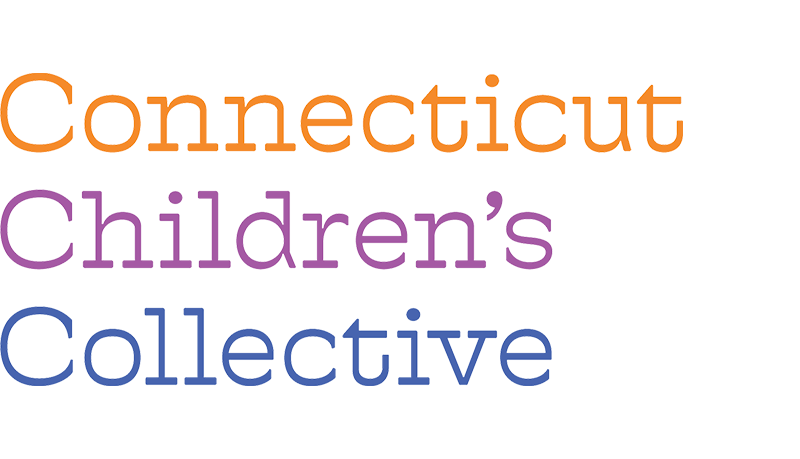Combat Burnout With Emotional Intelligence
As we begin to prepare for the upcoming school year, and all the pressures and stress it holds in store for us, we need to take care that we are mindful of our body, mind, and spirit– that we take care of ourselves, so we can continue to help and care for others.
Here are some tips from our SEL4CT Coordinator, Ashton Gauthier, about how to prevent burnout.
Use emotional intelligence to prevent burnout and promote well-being at the start of the year. Here are some tips focused on leveraging emotional intelligence:
Self-awareness
Reflect on emotions: Take time to understand your own emotions and triggers. Acknowledge any feelings of stress or overwhelm and be proactive in addressing them.
Identify early signs of burnout: Recognize the signs of burnout in yourself, such as increased irritability, fatigue, or loss of enthusiasm, and take immediate action to prevent it from escalating.
Self-regulation
Practice stress management: Develop effective stress management techniques, such as deep breathing, mindfulness, or progressive muscle relaxation, to regulate emotions during challenging times.
Set healthy boundaries: Learn to say no to additional responsibilities when necessary and prioritize self-care to maintain balance.
Empathy
Understand staff and youth emotions: Pay attention to your team and youth’s emotional needs and challenges. Empathize with their experiences, which can foster positive relationships and a supportive environment.
Connect with colleagues: Cultivate empathy with your fellow educators. Understand their struggles and successes and offer support when needed.
Effective communication
Listen actively: Practice active listening when interacting with youth, colleagues, and parents. Pay attention to their concerns and validate their emotions.
Express your needs: Communicate openly and honestly about your workload and stressors to leadership or colleagues. Effective communication can lead to appropriate support and resource allocation.
Social skills
Collaborate with colleagues: Work with others to share ideas, resources, and strategies. Collaboration can reduce individual burdens and create a supportive team environment.
Build rapport: Develop positive relationships by showing genuine interest in your team’s well-being and engaging in positive interactions.
Flexibility and adaptability
Embrace change positively: Understand that each year brings new challenges and uncertainties. Being flexible and adaptable can help you navigate changes more effectively.
Reframe challenges: Instead of viewing difficulties as obstacles, approach them as opportunities for growth and learning.
Positive outlook
Focus on strengths: Concentrate on your strengths and progress with your program. Celebrate successes, no matter how small they may seem.
Cultivate optimism: Maintain a positive attitude and encourage an optimistic outlook among colleagues.





